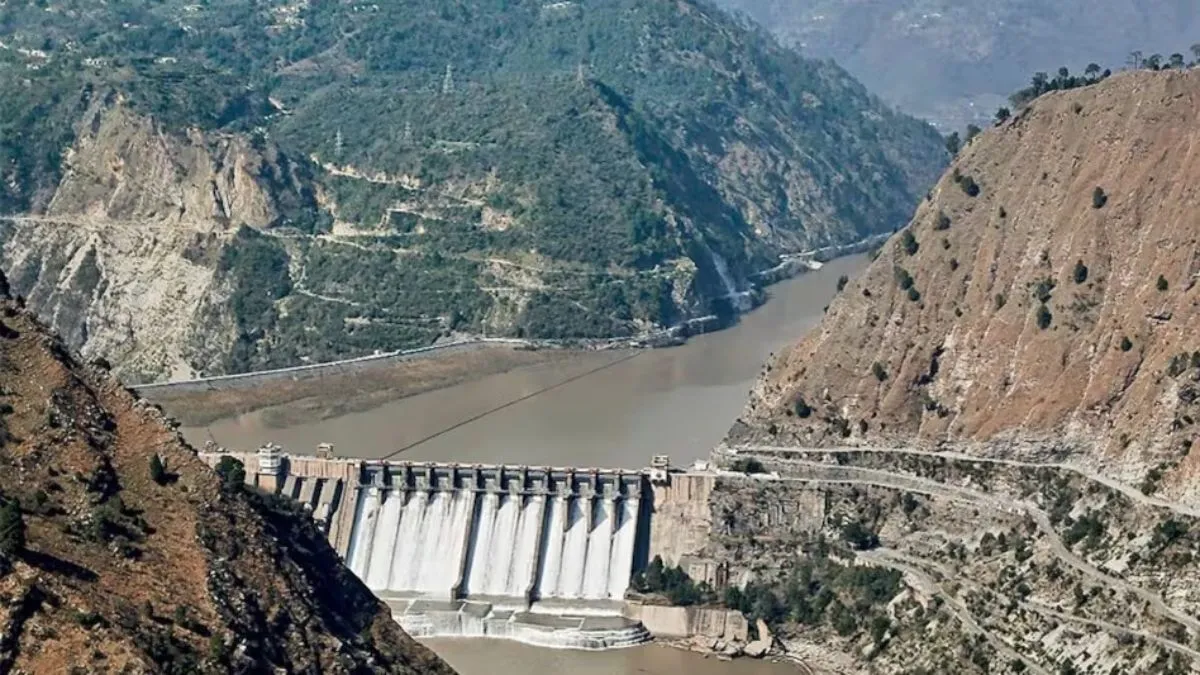
Pahalgam Tension in India and Pakistan is at its peak after the attack. Pakistan attacked India on Thursday night after India destroyed the Pakistan terrorist camp. The Indian Army caused a befitting reply to Pakistan’s attack. Now Pakistan is begging for help all over the world. Meanwhile, Pakistan has suffered another major setback. This shock is about the Indus Water Treaty, which India temporarily suspended after the Pahalgam attack. Now World Bank President Ajay Banga has said that the World Bank’s role in the Indus Water Treaty signed between India and Pakistan has only been facilitator. That is, our role has been to simplify this treaty. Apart from this, we have no role. This is a major setback for Pakistan. Now he will not be able to raise this issue even on the global forum. No mediation can be expected from the World Bank.
There was an agreement between the two countries in 1960
The treaty was signed by both countries in 1960 for the water sharing of Indus, Jhelum and Chenab. India suspended the decades-old Indus Water Treaty after the assassination of 26 Indians in a terrorist attack in Pahalgam, Jammu and Kashmir on 22 April. The letter Information Office (PIB) wrote on the social media forum ‘X’, quoting World Bank President Ajay Banga, our role is only that of a facility. There is a lot of speculation in the media about how the World Bank will solve this problem, but it is all baseless. The role of the World Bank is only that of one convenience. Under the Indus Water Treaty in the World Bank’s mediation, the water sharing and use of the Indus River and its tributaries between India and Pakistan has been controlled since 1960.
Indus River is the main river
The Indus river system includes the main river Indus and its tributaries. Ravi, Beas, Sutlej, Jhelum and Chenab are its tributaries. At the same time, the Kabul river does not flow through the Indian region. Ravi, Beas and Sutlej are called Eastern rivers while Indus, Jhelum and Chenab are called Western rivers. The water of this river system is important for both India and Pakistan. At the time of independence, the boundary line between India and Pakistan passed through the Indus basin, making India upper coastal country and Pakistan the lower coastal country.
Latest business news